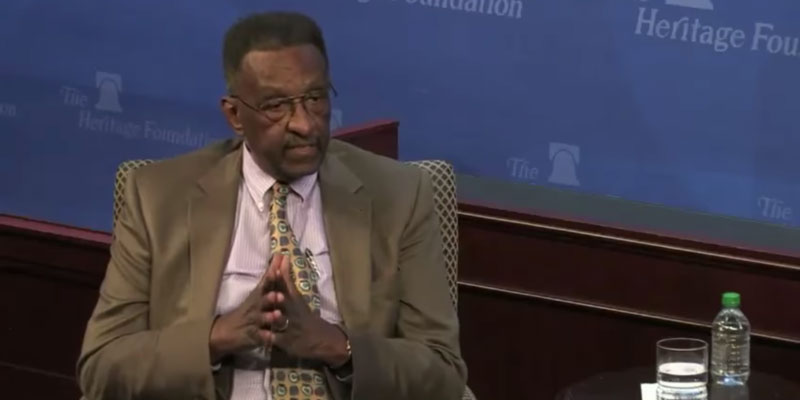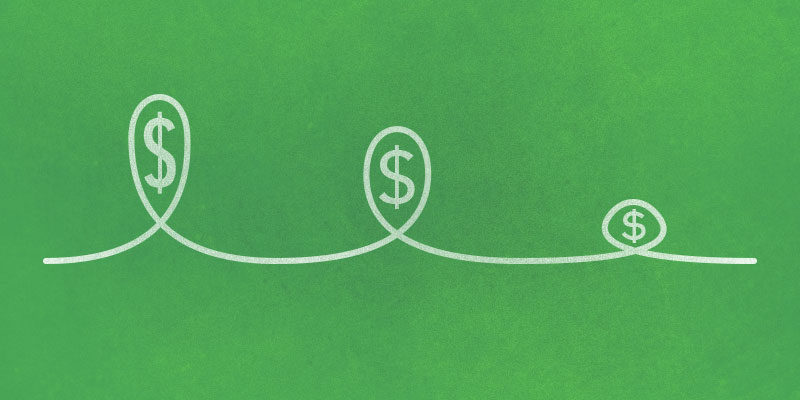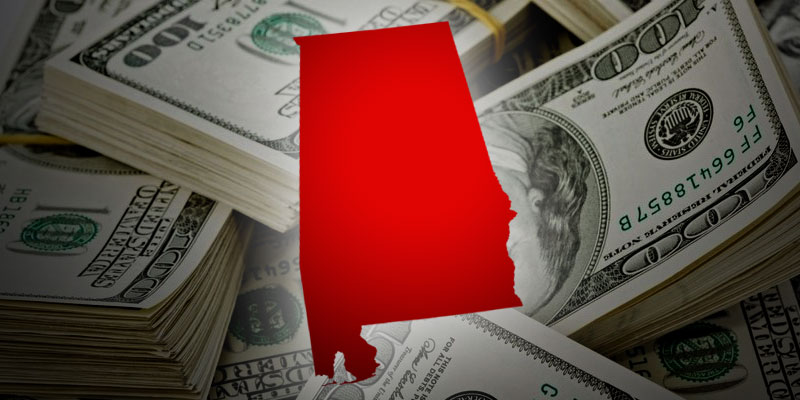Over the last few days there has been an onslaught of national media pundits, liberal bloggers and even the President of the United States renewing a push for solving all the country’s poverty issues by increasing the minimum wage.
The Alabama reporter class all sound as if they are reading from the same sheet of talking points: Increasing the minimum wage puts more money in the pockets of those Americans who need it most. With more money on their paychecks, minimum wage workers will be afforded an opportunity to work themselves into a better financial situation.
But do the facts support that argument?
In response to the recent push from the left, economist and Forbes contributor Jeffrey Dorfman published an excoriating research article, “Almost Everything You Know about the Minimum Wage is False”. According to Dorfman, and several other economists such as Walter Williams and Thomas Sowell, not only does the minimum wage actually hold back the poor, increasing it would weaken their buying power and put them right back where they started, it would also further increase the heavy burden on businesses looking to grow and hire new workers.
First of all, Dorfman’s piece, which is substantiated by Bureau of Labor Statistics, makes it clear that when we are talking about minimum wage workers we are discussing an incredibly small portion of all workers.
“…there are about 3.6 million workers at or below the minimum wage. That is 2.5 percent of all workers and 1.5 percent of the population of potential workers. Within that small group, 31 percent are teenagers and 55 percent are 25 years old or younger. That leaves only about 1.1 percent of all workers over 25 and 0.8 percent of all Americans over 25 earning the minimum wage.”
He goes on to explain that, of the small percentage of Americans working at or below the minimum wage, “most of [them] are not poor and are not trying to support a family on only their earnings.”
“63 percent of workers who earn less than $9.50 per hour (well over the minimum wage of $7.25) are the second or third earner in their family and 43 percent of these workers live in households that earn over $50,000 per year.”
Of course, all of this data does not mean that poverty doesn’t exist. Clearly it does, as many Alabamians know first-hand. But the same arguments have been made every time the federal government has proposed increasing the minimum wage, yet the plight of places like Perry and Wilcox Counties stays much the same.
Economist Walter Williams has been publishing research for years that highlights the truly detrimental effects of the minimum wage. Dr. Williams asserts that we must always remember that the market for labor is subject to the laws of supply and demand. Increasing the minimum wage makes those applying for entry-level jobs a more expensive hire, and thus employers will demand fewer employees at the higher price (wage).
While there are relatively few Americans actually working for the minimum wage, those who are are striving to climb up the economic ladder. Raising the minimum wage would only chop rungs off the bottom of the ladder by making it more difficult to find those entry-level jobs. The unemployment rate for men and women aged 16-19 is already over 20 percent. Increasing the minimum wage would cause that already inflated number to go even higher.
Increasing the minimum wage is essentially another tax increase on small businesses. And those increased costs for businesses would ultimately be passed along to consumers, making the money currently in our pockets worth less than it already is. In short, the extra money made both individuals making the minimum wage would have to go to pay for the increasing costs of goods and services brought on by the minimum wage hike in the first place.
Clearly an increase in the minimum wage isn’t the answer for the thousands of Alabamians who are looking for the opportunity to make a living wage.
Instead of hiking the minimum wage, our elected officials should focus on the types of positive incentives that actually help individuals rise into the middle class — like increasing access to quality education and encouraging economic growth. Those are policy priorities that can truly help the working poor.












